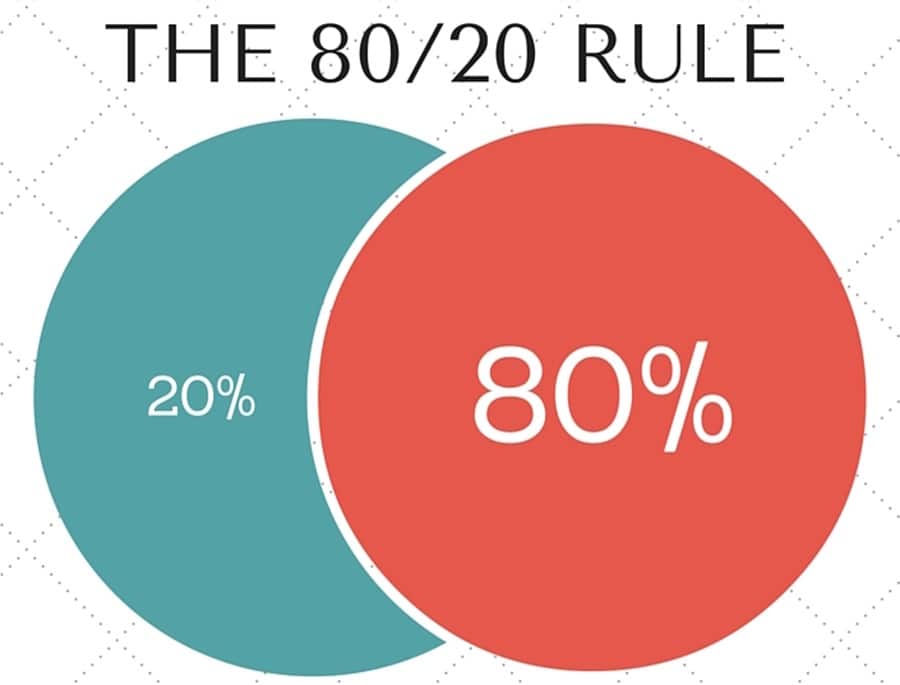Eating healthy can be very hard nowadays when there are unhealthy food options everywhere you look. It’s much easier to just stop by a fast-food restaurant or pick up some processed snacks at the grocery store. However, making minor changes to your diet can significantly impact your health in the long run. If you’re looking to improve your health, you have come to the right place. This article will go over some unhealthy eating habits you should break. Read on to learn more.
Contents
Skipping Breakfast

It’s no secret that breakfast is the most important meal of the day. Numerous studies have shown that eating breakfast provides numerous benefits, including improved concentration, memory recall, and increased energy levels. However, many people still choose to skip breakfast, either because they’re not hungry or don’t have time. While skipping breakfast may seem like a harmless habit, it can have severe consequences for your health. When you skip breakfast, your body doesn’t get the essential nutrients. This can lead to fatigue, irritability, and difficulty concentrating.
Studies have shown that people who skip breakfast are more likely to make unhealthy food choices and indulge in sugary snacks. Additionally, skipping breakfast can cause you to overeat later in the day. So if you’re looking to improve your health, skipping breakfast is one habit you’ll want to break.
Eating Too Quickly

Eating too quickly is an unhealthy eating habit that can harm your health. When you eat too quickly, you tend to swallow large amounts of air and your food. This can cause bloating, gas, and indigestion. Additionally, eating too quickly can lead to weight gain. When you eat quickly, your brain doesn’t have time to register that you’re full, consuming more calories than you would if you ate at a slower pace.
In addition to causing weight gain, overeating can also put you at risk for developing other health problems such as diabetes and high blood pressure. If you want to break the habit of eating too quickly, try taking smaller bites and chewing slowly. You may also want to set a timer when you eat to know how long it’s taking you to finish your meal. Making these simple changes can help you improve your overall health.
Giant Portion Sizes

Most of us have been guilty of overeating at least once. Whether it’s finishing an entire pizza or Polish off a family-sized bag of chips in one sitting, it’s easy to overdo it when the food is delicious. However, eating large portions is not just bad for your waistline – it can also lead to serious health problems. One of the most obvious dangers of overeating is obesity. Just a few extra pounds can put you at risk for heart disease and diabetes. But even if you’re not overweight, overeating can still cause problems.
Consuming large amounts of food can strain your digestive system, leading to uncomfortable issues like indigestion and heartburn. And if you regularly eat more calories than you burn off, you may eventually see a deterioration in your physical health. So next time you’re tempted to go back for seconds, remember that moderation is key to maintaining a healthy lifestyle.
Eating Fast Food

In today’s fast-paced world, it’s easy to fall into the trap of eating fast food. After all, it’s quick, convenient, and often fairly cheap. However, there are several reasons why eating fast food is an unhealthy eating habit that you should break. First of all, fast food is typically high in calories, fat, and sodium. This can lead to weight gain and an increased risk for heart disease and other health problems.
Additionally, fast food often lacks essential nutrients like vitamins and minerals. And finally, eating fast food can lead to unhealthy cravings and an overall reliance on processed and unhealthy foods. If you’re looking to improve your eating habits, breaking the habit of eating fast food is a great place to start. You’ll feel better, look better, and be doing your health a favor in the long run.
Emotional Eating

Mindless eating is a common problem that plagues people from all walks of life. Whether you’re at a party and overeat because the food is there or eat when you’re stressed out because it’s comforting, emotional eating can lead to serious health problems. When you eat for emotional reasons, you’re not paying attention to your body’s hunger cues, so you’re more likely to overeat. And since emotional eating is often associated with unhealthy foods, it can also lead to weight gain and other health problems.
If you want to break the cycle of emotional eating, it’s important to become more aware of your triggers. Once you know what causes you to eat emotionally, you can develop strategies for dealing with those triggers. You may also need to change your relationship with food and learn to eat for health reasons instead of using food to cope with difficult emotions. With time and effort, you can break the habit of emotional eating and make healthier choices for your mind and body.
Too Many Liquid Calories

Drinking your calories is an unhealthy eating habit that can lead to weight gain and other health problems. When you drink liquid calories, your body doesn’t register them in the same way as solid food. This means you consume more calories than you would if you ate the same foods in solid form.
Liquid calories also tend to be “empty” calories that don’t provide your body with essential nutrients. In contrast, solid foods contain fiber and other nutrients that help keep you feeling full and satisfied after eating. If you’re trying to lose weight or improve your overall health, cutting back on liquid calories is a great place to start. Try swapping sugary sodas and juices for water or unsweetened tea, and limit alcoholic beverages to an occasional treat. You may be surprised at how quickly this simple change can help you reach your goals.
Midnight Snacking

Many people enjoy a late-night snack, but they may not realize that this habit can have some serious consequences for their health. For one thing, midnight snacking can lead to weight gain. One study found that people who ate late at night were more likely to be overweight than those who didn’t. This is probably because late-night snacking can disrupt your body’s natural rhythms and make it harder to burn calories.
Additionally, midnight snacking can also cause indigestion and heartburn. When you lie down after eating, gravity makes it easier for stomach acid to flow back into your esophagus, leading to discomfort. Finally, eating right before bed can interfere with your sleep. If you’re trying to break the habit of midnight snacking, try these tips: eat a light dinner, brush your teeth after eating, and avoid watching TV or working on the computer in bed.
Conclusion
Many unhealthy eating habits can lead to weight gain, health problems, and other undesirable consequences. If you’re looking to improve your eating habits, breaking the habit of eating fast food is a great place to start. You’ll feel better, look better, and be doing your health a favor in the long run.
Emotional eating is another common problem that can be addressed by becoming more aware of your triggers and learning to deal with them healthily. Finally, midnight snacking can interfere with your sleep and cause indigestion, so it’s best to avoid it. By making even small changes to your eating habits, you can improve your overall health and well-being.


